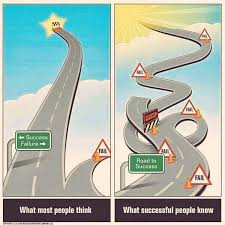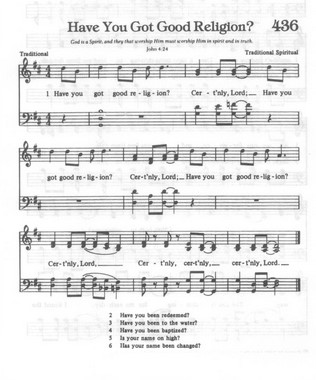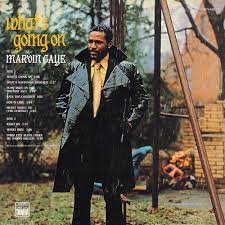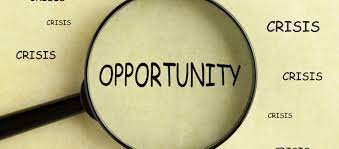How was your day?
You rush to the bank to make that critical deposit on Friday afternoon. Your watch shows you have five minutes before closing. As you pull up to the bank window; instead of the teller, you see the “closed” sign. Your watch evidently was running slower than you knew. Life happens!
You go for your annual mammogram examination. The technician finishes with a smile and a promise to be right back. She leaves to share your pictures with the attending physician. She returns and somberly informs you that after dressing, the physician would like to meet with you. Life happens!
Majoring in misfortune?
From minor irritations to upsetting reports, life happens. These interruptions catch us unprepared for the inevitable. They are unexpected and usually, unfavorable circumstances that come to take “the wind out of our proverbial sail.”
In Ecclesiastes 9:11, The Preacher (King Solomon) makes the assessment that regardless of personal capacity or ability—speed, strength, wisdom, cleverness or skill, life happens.
I returned, and saw under the sun, that the race is not to the swift, nor the battle to the strong, neither yet bread to the wise, nor yet riches to men of understanding, nor yet favour to men of skill; but time and chance happeneth to them all.
He uses two words, time and chance, to create a figure of speech that represents “life happens moments”—we call it misfortune (Ecc. 9:11b). Misfortune nullifies both personal capacity and ability. No one is exempt from misfortune. We all have our day when it gains our full attention.
What is our response?
What is our response to misfortune? “Why me?” We try to do the right thing, make the appropriate preparation, and make the best choices based on “what we know at the time.” So what happened? Life happened.
As inhabitants of fallen world, we are not immune to the affects and experiences which life presents. But while believers live “in the world”, we do not have to respond as the world when life happen moments occur.
A better way!
I’d like to recommend 3R’s that will help us manage life’s misfortune.
#1. REMEMBER our position. We are not our misfortune. Our hope and security lies in our position in Christ Jesus. In Christ, we are heirs of God and therefore, the object of His love. Therefore, in spite of misfortune, we stand firm on God’s promises and His power (Eph. 1:19).
#2. REFRAME our situation. We are not blind to misfortune but we know who controls all circumstances. Nothing happens to us that does not first pass God’s examination. Reframing begins with accepting God’s sovereign rule over our lives (2 Cor. 4:8-9).
#3. RECAST our response. Recasting is accomplished by trusting God and looking for ways to transform misfortune into opportunities that enrich our spiritual life. These opportunities may be more time in personal witnessing, intercessory prayer, fasting, and Bible meditation. We respond with confidence times of misfortune because we are assured of who will be with us until the end (1 John 4:4).
Ask the Holy Spirit to bring to memory a time when “life happened” to you. How did you respond? Using the three (3) principles listed in today’s teaching, journal how that moment or situation can now be understood differently. Feel free to share your thoughts.
The next time you have a “life happens moment”, read Ecclesiastes 9:11. Better yet, commit to memorizing this scripture for future reference. Why? Because life happens!










